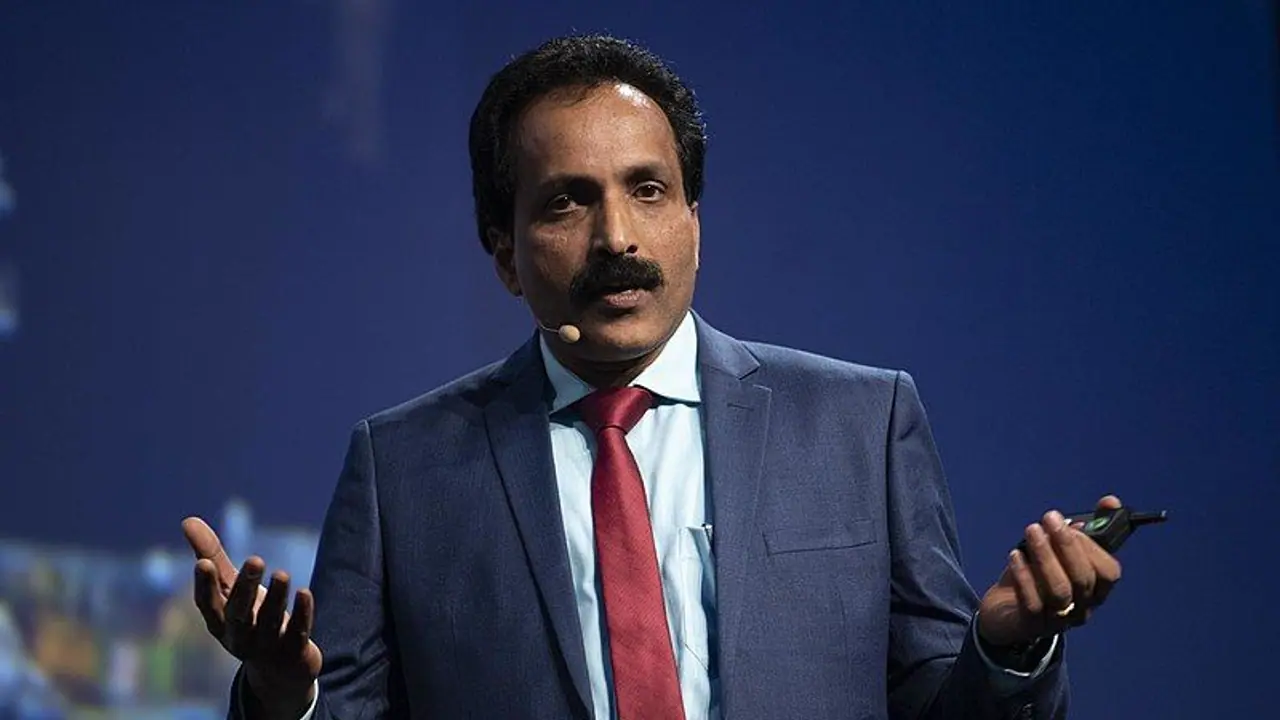The chairman of the Indian Space Research Organisation (ISRO) S Somanath stated that Vedic knowledge and literature serve as the foundation for many modern scientific theories, inventions, discoveries, and concepts.
The chairman of the Indian Space Research Organisation (ISRO) stated on Wednesday that Vedic knowledge and literature serve as the foundation for many modern scientific theories, inventions, discoveries, and concepts.

ISRO chief S Somanath said, "Algebra, square roots, concepts of time, architecture, the structure of the universe, metallurgy, and even aviation were first found in the Vedas."
Also read: UP CM Yogi Adityanath bats for digital transactions to check corruption
Sanskrit did not have a written alphabet at the time, according to ISRO Chairman, who also stated that "it was listened to and learned by heart, which is how the language persisted. People didn't begin utilising the Devanagari script for Sanskrit until much later. The ISRO chairman said this during the Maharishi Panini Sanskrit and Vedic University's convocation in Ujjain, Madhya Pradesh.
"Engineers and scientists like Sanskrit a great deal. It suits the language of computers, and those learning artificial intelligence learn it. Lots of research is being done on how Sanskrit can be used for computation," he said.
Somanath pointed out some important features of the Sanskrit language that go beyond science. "The original and philosophical form of Indian literature written in Sanskrit is incredibly rich. In a scientific sense, it is also significant. Sanskrit does not distinguish between cultural, spiritual, and scientific studies, he stated.
According to Somanath, the development of Indian culture over thousands of years may be traced back to the contributions of scientists to Sanskrit.
"Findings in astronomy, medicine, sciences, physics, chemical sciences, and aeronautical sciences were written in Sanskrit. But they were not fully exploited and researched," he pointed out.
Further, referring to the example of Surya Siddhanta, which is a book written on astronomy back in the 8th century, Somanath said "Being a rocket scientist, I was fascinated by this book in Sanskrit that talks about the solar system, time scale, and the size and circumference of Earth," he added.
